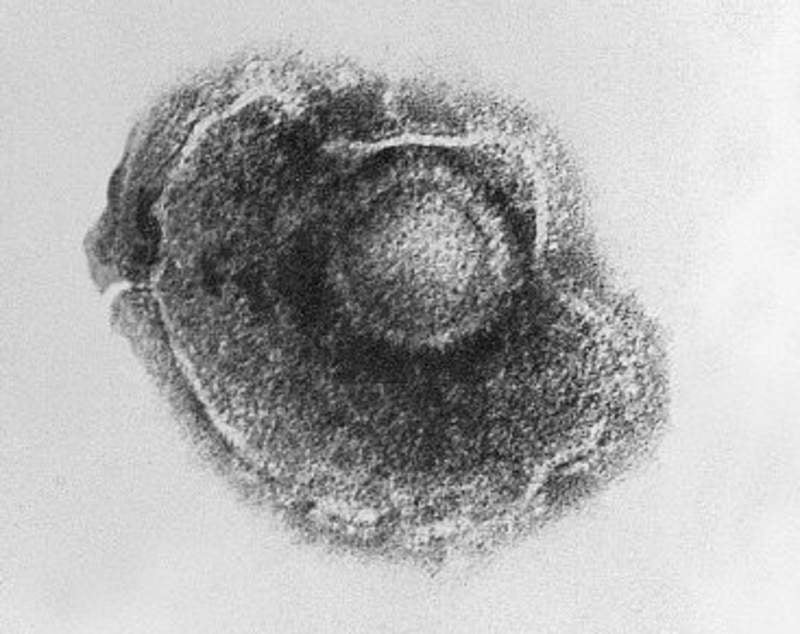

The US Food and Drug Administration’s (FDA) Vaccines and Related Biological Products Advisory Committee (VRBPAC) has voted unanimously for GlaxoSmithKline’s (GSK) Shingrix (HZ/su) to prevent herpes zoster (shingles) in adults aged 50 years and above.
Shingles is a disease caused by varicella zoster virus (VZV), which also causes chickenpox.

Discover B2B Marketing That Performs
Combine business intelligence and editorial excellence to reach engaged professionals across 36 leading media platforms.
The virus remains dormant in the nervous system of almost all older adults and waits to reactivate with age, during which the cells in the person’s immune system lose the ability to offer a strong and effective counter response to infection.
Shingrix, GSK’s shingles candidate vaccine, is a non-live, recombinant subunit vaccine that helps prevent herpes zoster (shingles) and its complications such as postherpetic neuralgia.
The therapy combines an antigen, glycoprotein E and an adjuvant system, AS01B, in order to generate a strong and long-lasting immune response that can help reduce the immunity decline in ageing people.
GSK Vaccines Research and Development senior vice-president and head Dr Emmanuel Hanon said: “Shingles is a painful and potentially serious condition.

US Tariffs are shifting - will you react or anticipate?
Don’t let policy changes catch you off guard. Stay proactive with real-time data and expert analysis.
By GlobalData“The risk of developing shingles increases with age and it is estimated that up to one in three people in the US will develop shingles.
“Today’s vote brings us one step closer to the approval of Shingrix, which is specifically designed to overcome age-related weakening of the immune system.”
The biologics licence application (BLA) for GSK’s candidate vaccine was submitted to the FDA in October last year.
The shingles treatment is not currently approved for use anywhere in the world, but regulatory filings in the European Union (EU), Canada, Australia, and Japan are underway.
Image: Electron micrograph of varicella zoster virus that causes shingles. Photo: courtesy of CDC/Dr. Erskine Palmer/B.G. Partin.




